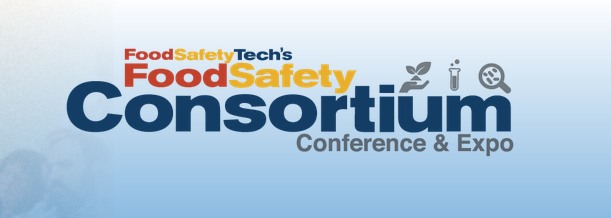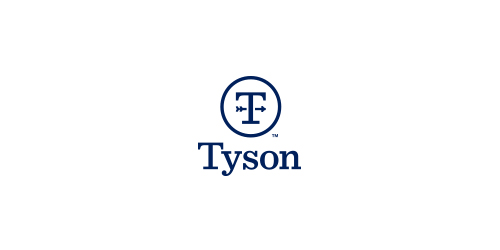

One decade ago the Food Safety Modernization Act was signed into law. FDA Deputy Commissioner for Food Policy and Response Frank Yiannas reflects on the past, present and future of the legislation.

One decade ago the Food Safety Modernization Act was signed into law. FDA Deputy Commissioner for Food Policy and Response Frank Yiannas reflects on the past, present and future of the legislation.

The events of 2020 have laid the groundwork of what’s to come this year.

There are many reasons that your EVOO may not be the real deal.

My take on some of the strong points discussed over the past four months.

COVID-19 has highlighted the complexity of meeting rapidly changing consumer needs with siloed data sources across the food supply chain. A new and overdue approach, called programmatic commerce, is built upon fully connected systems and will enable food manufacturers, distributors and retailers to pivot even beyond the pandemic. Starting with the consumer buying experience across digital and in-store channels, retailers are gathering and sharing valuable data and insights in order to serve up the right products in the right places where they are needed most, meeting customer expectations and reducing waste across the entire supply chain.

This week’s discussion features an examination of GFSI and its fitness for the next 20 years, along with the critical issues that face the future of food safety technology.

Nine brands of “olive oil” pulled from shelves in Brazil.

The newly created position for the physician executive is a move to focus on the health and safety of company workers.

Industry experts will explore recalls, standards and how to prepare for blockchain in the new era of smarter food safety.

The impact of the COVID-19 pandemic has demonstrated the critical importance of implementing effective cleaning and disinfection measures in non-production (i.e., offices and welfare) areas to ensure employee health and sustainability of plant operations. Elevated emphasis on the application of thoroughly established food production sanitation best practices to these areas will be an increasingly common theme for food processors in the near future.